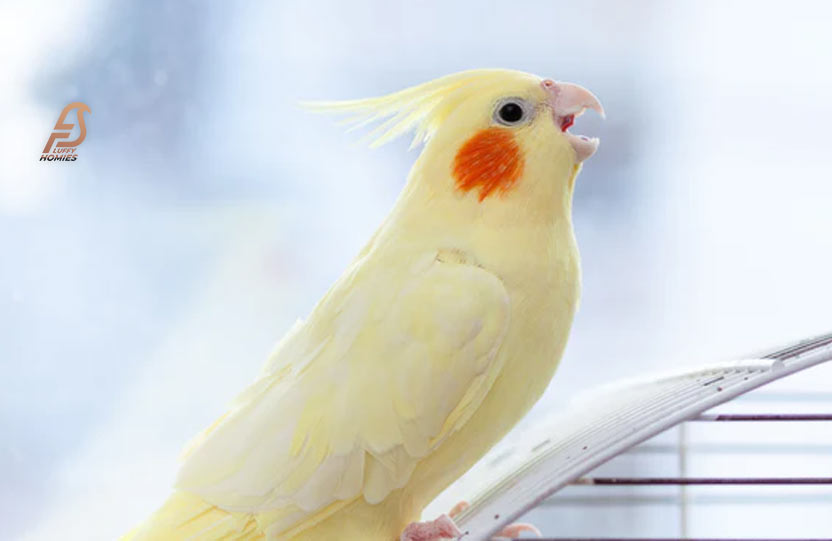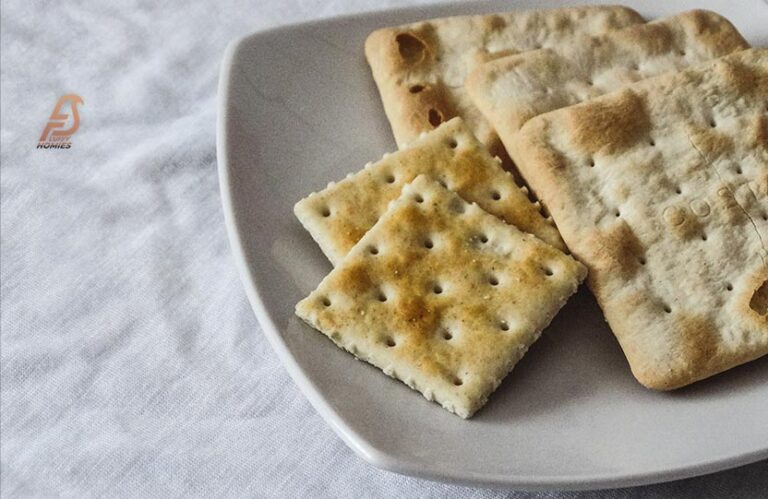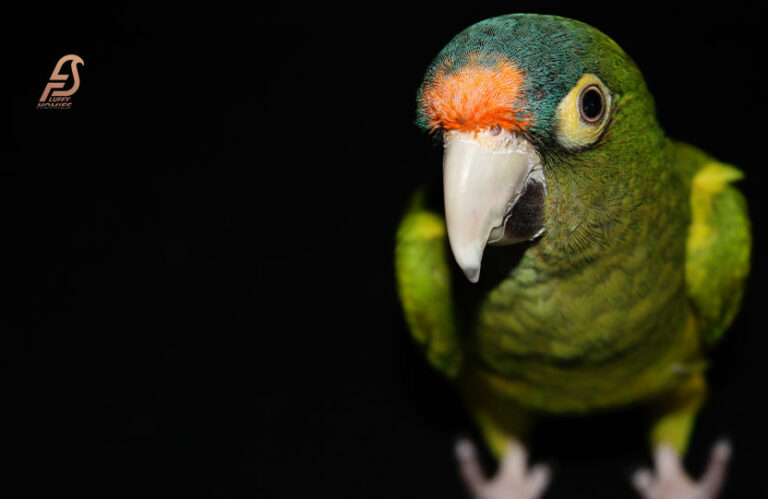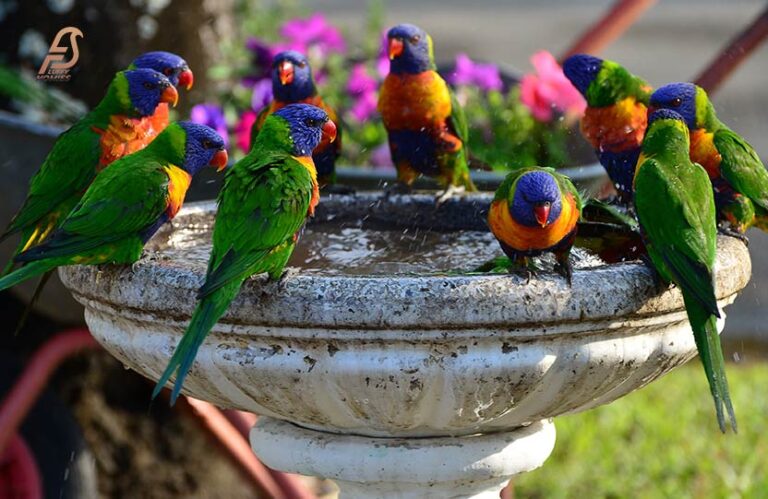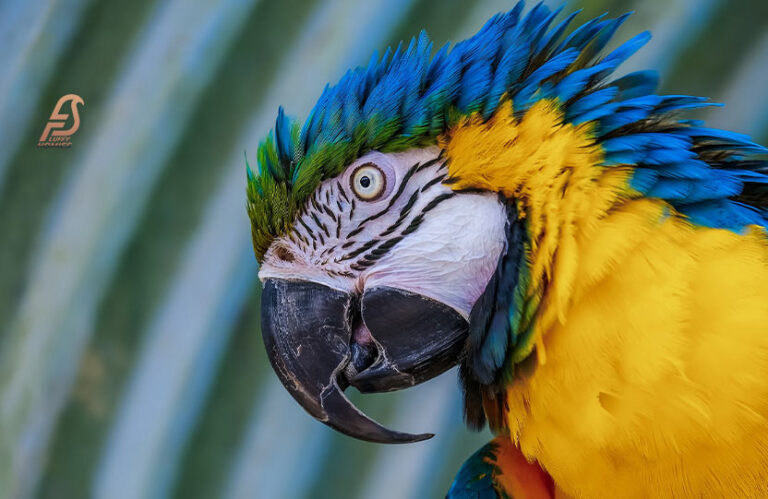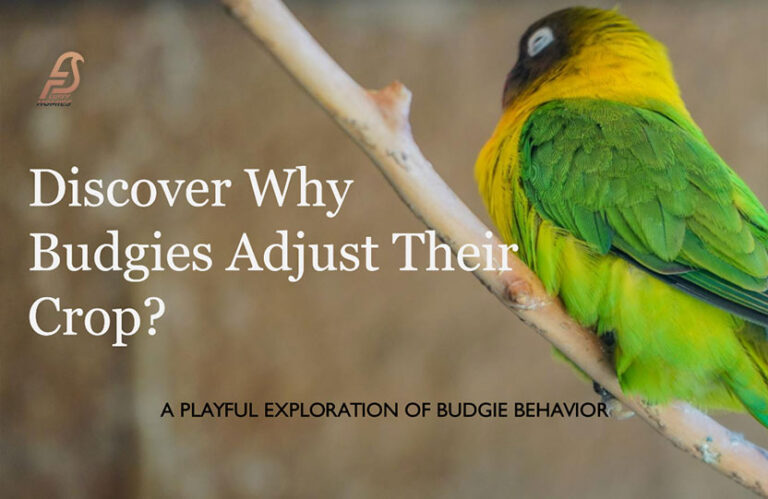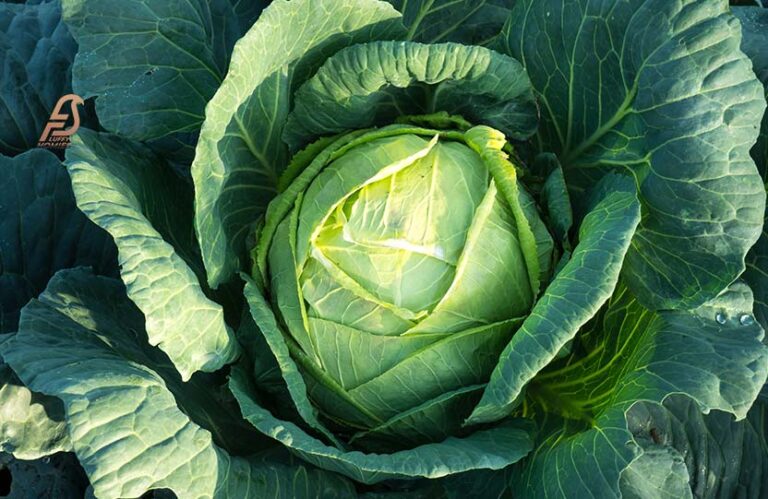Reasons: Why Is My Cockatiel Grinding Its Beak? (Facts 2024)
Cockatiels are beautiful birds. But there are some bad things about them. Sometimes cockatiel grinds its beak.
Commonly it’s not a big issue. But when you are coming from the office and tired a lot. You just need a calm place where you can minimize your tiredness.
But on the other hand, your cockatiel grinding its beak create an unbearable noise and makes the place annoying. This also be the cause of birds panting.
The behavior of grinding its beak is something you want to get rid of, but you don’t know how to prevent them from doing so. Additionally, you don’t know why my cockatiel is grinding its beak.
For the purpose of answering your question, “Why is my cockatiel grinding its beak?” we have conducted extensive research on this issue and will supply you with excellent solutions and explanations.
Why Is My Cockatiel Grinding Its Beak?
Birds frequently grind their beaks as a means of maintaining their beaks and keeping them trimmed for increasing the hardness of the bite and more. This is a typical behavior among birds. This behavior is referred to as “beak grinding” or “beak honing.”
In most cases, there is no reason to be concerned about it because it is a natural behavior.
However, if you observe that your cockatiel is grinding its beak excessively or if its beak looks to be oversized, it is recommended that you seek the advice of a veterinarian.
In some cases, beaks that are disproportionately large or malformed may be an indication of a dietary imbalance or a medical condition that requires attention.
When Does a Cockatiel Grind Its Beak?
Beak grinding is a behavior that can be observed in cockatiels at any time; however, it is most frequently seen when the birds are relaxed or perched.
It has been observed by some individuals that their birds seem to grind their beaks more frequently during particular periods of the day, such as right before bedtime or when they are beginning to wind down for the evening.
Generally speaking, the grinding of the beak is not a cause for concern because it is a normal activity for birds.
How Often Should My Cockatiel Grind Its Beak?
Cockatiels often grind their beaks to maintain and trim them, which is a perfectly natural behavior for them.
The beak-grinding frequency of cockatiels might vary from one bird to another, hence it’s impossible to give an exact frequency.
Generally speaking, it’s not a big deal if some birds grind their beaks more often than others but you have to be careful because they can bite your finger off.
How Do Cockatiels Grind Their Beaks and What Does It Sound Like?
Cockatiels often rub their beaks together to grind them, which they do while perched or relaxing. Beak grinding often makes a low, rasping sound, though it might sound different depending on the bird.
There have been reports of people describing it as a gentle clicking or chirping sound, or even like sandpaper being rubbed together. Beak grinding is a common activity in birds and typically nothing to worry about.
Is it Bad for Their Beaks to Grind Them?
No, cockatiels usually don’t suffer beak damage by grinding their beaks. This action is instinctive and serves to keep the beak neat and tidy.
When birds grind their beaks, they wear them down. This is necessary since beaks can become enlarged or deformed for several reasons, such as a bird’s food, age, and genes.
A bird’s beak can be kept neat and healthy by grinding it. However, keep in mind that a trip to the vet is in order if you notice your cockatiel is overly beak-grinding or has an abnormally large beak.
An unhealthy diet or a major medical problem can be the cause of an abnormally long or crooked beak.
Also Check: Are Birds Smarter Than Dogs?
Is There Any Solution to Reduce the Beak-Grinding Habit of Cockatiels?
In most cases, beak grinding is a normal and healthy behavior for cockatiels and does not need to be discouraged.
However, if you are concerned about your cockatiel’s beak grinding behavior, there are a few things you can try to help reduce it:
- A high-quality prepared diet and a wide assortment of fresh fruits like guava and vegetables including parsley and kale should make up your cockatiel’s daily meal. Your bird’s beak will stay healthy if it eats a balanced diet.
- Give your cockatiel lots of chew toys and places to go for food. Giving your bird something to chew on, like a toy, will help it maintain a clean beak and maybe even cut down on beak grinding.
- If your cockatiel is grinding its beak excessively, you should have it checked for any underlying medical conditions. See a vet if you see any abnormalities in your bird’s beak, such as an overgrowth, a malformed beak, or excessive grinding.
- Think about giving your cockatiel a cuttlebone or some other kind of supplement that is rich in calcium. If your pet has an expanded beak due to a calcium deficiency, you may be able to avoid grinding its beak by giving it a calcium supplement.
Also Check: Why Do Parrots Sit on Shoulders?
Should You Give Your Cockatiel Something to Grind its Beak On?
So that its mouth stays clean and well-groomed, giving your cockatiel toys and other things to chew on can be helpful.
Things like mineral blocks, wooden chew toys, and cardboard can be in this group. These kinds of things can help wear down the beak and keep it in good shape, so your bird might not need to grind its mouth as much.
You should make sure that any toys or other things you give your bird to chew on are safe and the right size for it.
Don’t give your bird soft toys or other things because they are easy for them to tear up and eat, which can be harmful.
Along with chew toys, you should make sure that your cockatiel has a varied diet that includes both fresh fruits and veggies and a high-quality formulated diet. A healthy, well-balanced food can help keep your bird’s beak in good shape.
Can I Trim My Cockatiel’s Beak at Home?
Most of the time, you shouldn’t try to trim a cockatiel’s beak at home. You need to know what you’re doing and have special tools to trim a bird’s beak. Be very careful not to hurt the bird or damage the mouth.
If you are worried that your cockatiel’s beak is too long or doesn’t look right, you should talk to a vet or a trained avian vet. They will be trained and have the right tools to trim your bird’s beak in a safe and effective way.
Why Is My Cockatiel Grinding Its Beak—Final Thoughts
Cockatiels naturally grind their beaks together, which is usually nothing to worry about.
But you should take your cockatiel to the vet if you notice that it is grinding its beak too much or if it looks like its mouth has grown too big.
Beaks that are too big or too small could mean that the animal isn’t getting enough food or has a major health problem.
While you wait, you can give your cockatiel toys and other things to chew on along with a varied diet that includes fresh fruits and veggies and a high-quality designed diet.
These steps can help keep your bird’s beak healthy and may make it less necessary for it to grind its beak too much. We’ll keep your birds safe and healthy.
FAQs
Why does my bird keep grinding his beak?
Bird grinding its beak is a natural behavior to maintain the beak and keep it trimmed. It is usually not a cause for concern. It may also be a way for the bird to clean its beak.
Do cockatiel beaks need to be trimmed?
Cockatiel beaks usually do not need to be trimmed if the bird is healthy and has a balanced diet. Overgrown beaks may need to be trimmed by a veterinarian.
What does an unhealthy bird beak look like?
An unhealthy bird beak may appear overgrown, misshapen, or have abnormal growths. It may also be discolored or show signs of injury or infection.
Why is my cockatiel banging his beak?
Your cockatiel might be banging its mandible out of curiosity, to communicate, or to assert dominance. Despite the fact that this is a typical behavior, keep an eye out for indications of distress. Offering enrichment, trinkets, and routine veterinary examinations can aid in safeguarding the welfare of your feathered companion.
What does an unhealthy cockatiel beak look like?
The mandible of an unwell cockatiel might display discoloration, overgrowth, or fissures. Observe for alterations in texture, length, or form. Immediately consult a veterinarian regarding any irregularities observed in the beak, as maintaining a healthy mandible is vital for the overall health and daily functioning of a cockatiel.
What does it mean when birds grind their teeth?
Frequently, birds’ teeth grinding indicates contentment or relaxation. Beak grinding, an associated behavior, is frequently observed during periods of dormancy or prior to slumber. However, if this is accompanied by other alarming symptoms, you should seek the advice of a veterinarian for a comprehensive examination.
